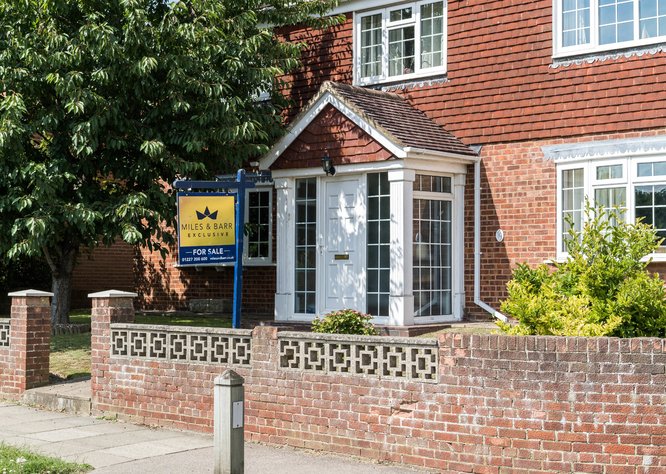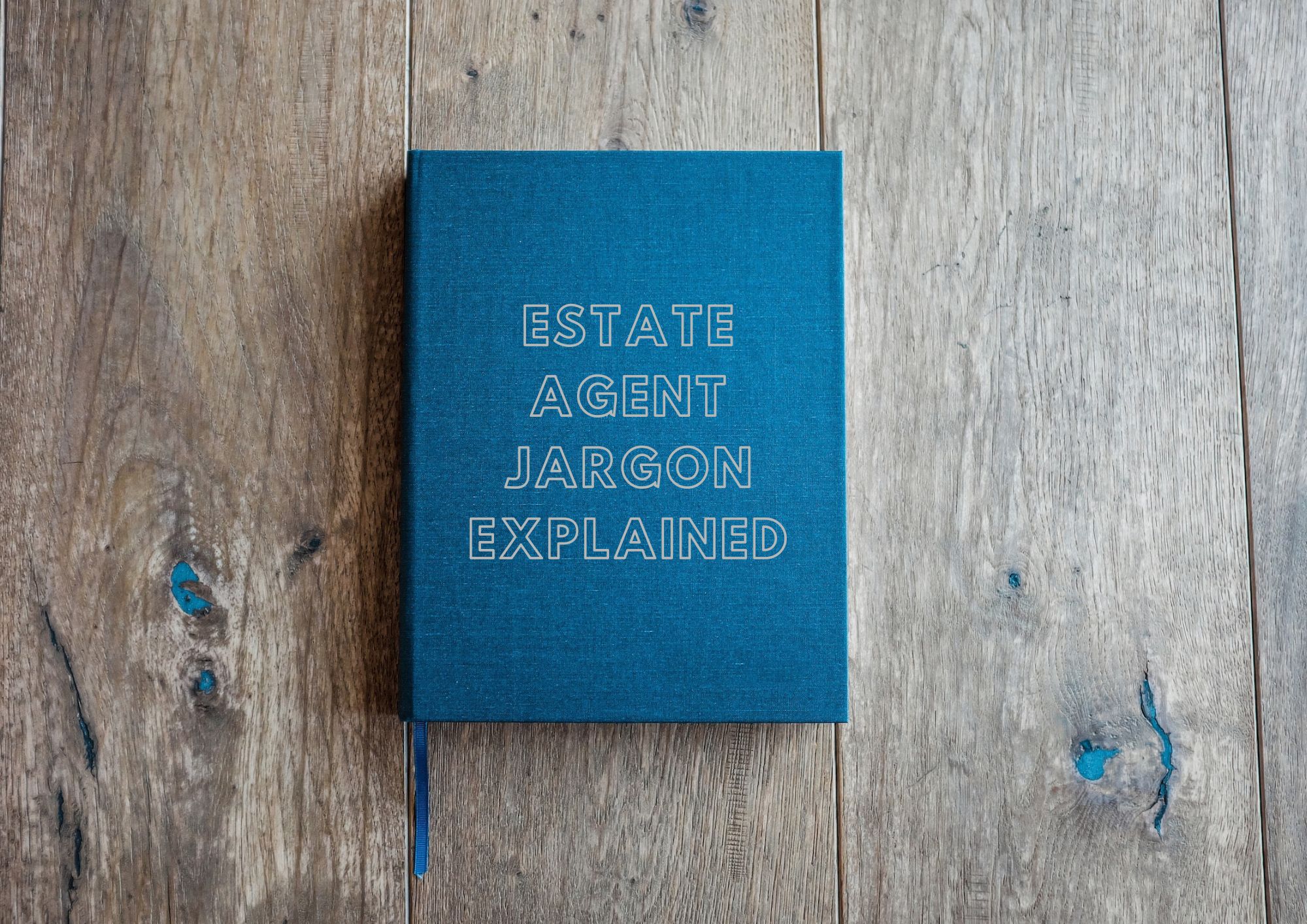
- Home
- Get Social
- Blog
- News
- Estate Agent Jargon Explained: A Guide for Buyers and Sellers
12 Sep 2023
Estate Agent Jargon Explained: A Guide for Buyers and Sellers
Embarking on the journey of buying or selling a property can be daunting, especially when faced with new or unfamiliar terminology and acronyms. In this handy guide, we’ve explained commonly used words and phrases that you’ll hear used by estate agents. Whether you're a first-time buyer or a seasoned seller, understanding these terms will help you navigate the property market more confidently.

Agreement in Principle (AIP)
An Agreement in Principle is a document from a mortgage lender stating that, based on a preliminary assessment, they are willing to lend you a certain amount to purchase a property. It's a crucial step in securing your finances before house hunting.
Anti-Money Laundering Checks (AML)
Anti-Money Laundering Checks are measures set in place by the UK Government to prevent illegal activities such as money laundering in property transactions. Sellers must complete an AML check before their property can be marketed, and buyers will be asked to complete an AML check once a seller has agreed to their offer. AML checks require identification and financial records to be provided to comply with HMRC.
Building Survey
A building survey is a comprehensive inspection of a property's condition, highlighting potential issues or defects. It is down to the buyer if they wish to pay for a building survey and there are three options – Condition Survey (Level 1), a Homebuyer Survey (Level 2), and a Full Building Survey (Level 3). The higher the level of survey chosen the more a comprehensive survey will be completed, they also differ in price range. It is recommended to complete a building survey, but it is down to the buyer if a building survey is completed.
Chain
In the context of property transactions, a chain refers to a sequence of buyers and sellers linked because each sale is dependent on the success of the previous one.
Chain-Free
A property described as "chain-free" means it's not part of a property chain. This is often appealing to buyers, as it might lead to a faster sale transaction.
Commonhold
Commonhold is a form of property ownership in which individual homeowners own their units and collectively own and manage common areas. It's an alternative to leasehold ownership.
Completion Date
The completion date is the day when the property changes ownership, and the buyer takes possession. It's agreed upon during the exchange of contracts and is the culmination of the buying process.
Conveyancing
Conveyancing is the legal process of transferring property ownership from the seller to the buyer. A conveyancer or solicitor handles this process, ensuring all legal requirements are met.
Conveyancer
A conveyancer is a legal professional who specialises in property transactions. They handle the legal aspects, including contracts, searches, and the transfer of ownership, to ensure a smooth and lawful transfer of property.
Covenant
A covenant is a legally binding agreement that dictates how a property can be used or developed. Understanding covenants is essential to avoid potential legal issues with the property.
Energy Performance Certificate (EPC)
An Energy Performance Certificate is a document that rates the energy efficiency of a property on a scale from A (most efficient) to G (least efficient). It's required by UK law to have a valid EPC when selling or letting a property.
Exchange of Contracts
The exchange of contracts is a critical step in the property buying process where both parties become legally committed to the transaction. After this point, if either a buyer or seller backs out of the house sale, they will most likely incur financial penalties. It is also at this point that the seller and buyer will agree via their conveyancers or solicitors on a completion date.
First-Time Buyer (FTB)
FTB is an acronym for first-time buyer. A buyer will be described in this term when they are making their first-ever property purchase.
Freehold vs. Leasehold
Understanding the difference between freehold and leasehold is vital. Freehold means you own both the property and the land it stands on, while leasehold means you have the right to occupy the property for a specified number of years but don't own the land. It is important to ask an estate agent to clarify how many years are left on the leasehold of a property because the length of term remaining will determine if the buyer is responsible for the lease extension and the costs associated with doing so.
Stamp Duty
Stamp Duty Land Tax (SDLT) is a tax levied on property transactions in the UK. The amount varies based on the property's price, with different rates for first-time buyers and additional rates for second homes or buy-to-let properties.
Valuation
Valuation is the process of determining the market value of a property. There are two common ways you can complete a valuation. The first is the completion of an instant online valuation, for an estimated value of the property. The most accurate way to understand how much your home is worth though is to book an in-person valuation with an estate agent.
Familiarising yourself with these terms and acronyms will help you navigate the property market with confidence. Don’t hesitate to contact your local Miles & Barr office should you require additional clarification, as we are happy to answer any questions you may have. Find your closest office here.

Instant Property Valuation
What's yours worth? An up-to-date valuation of your property is the first step to finding your dream home!
